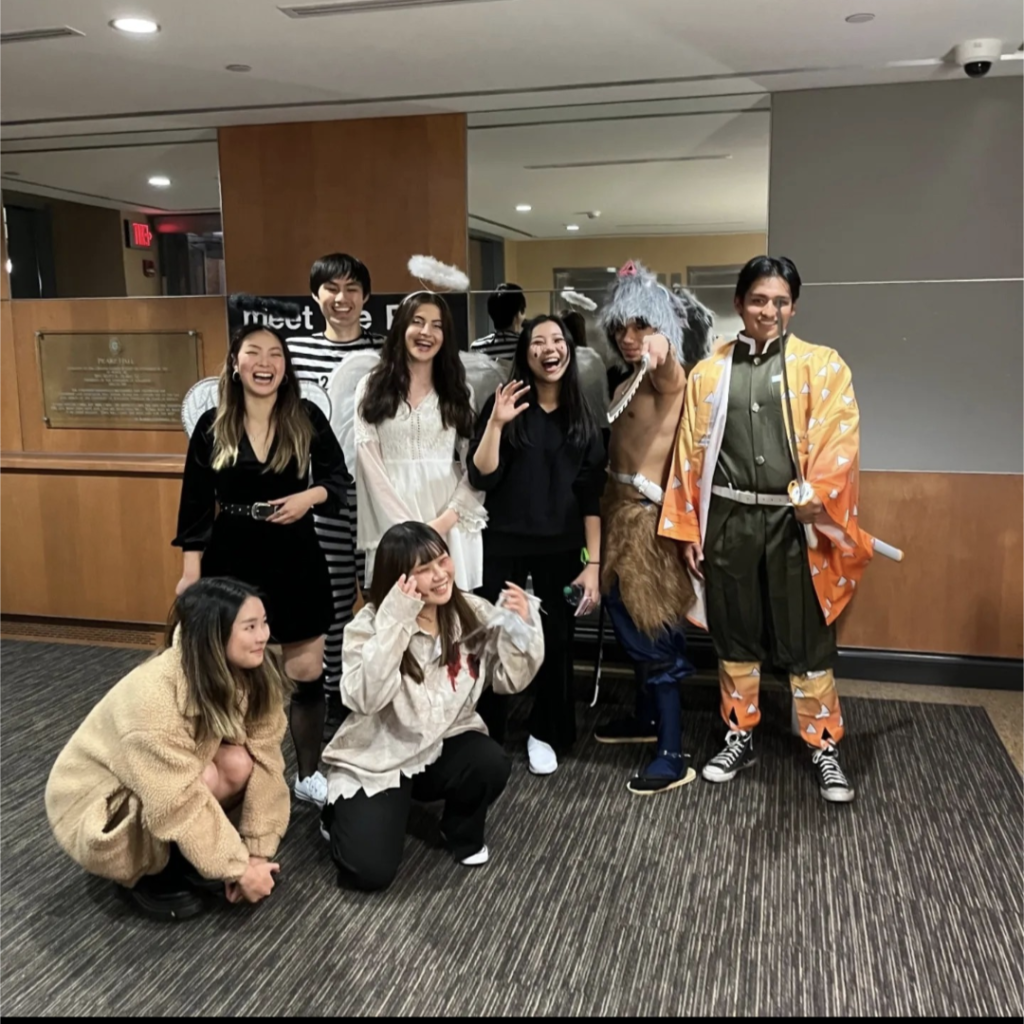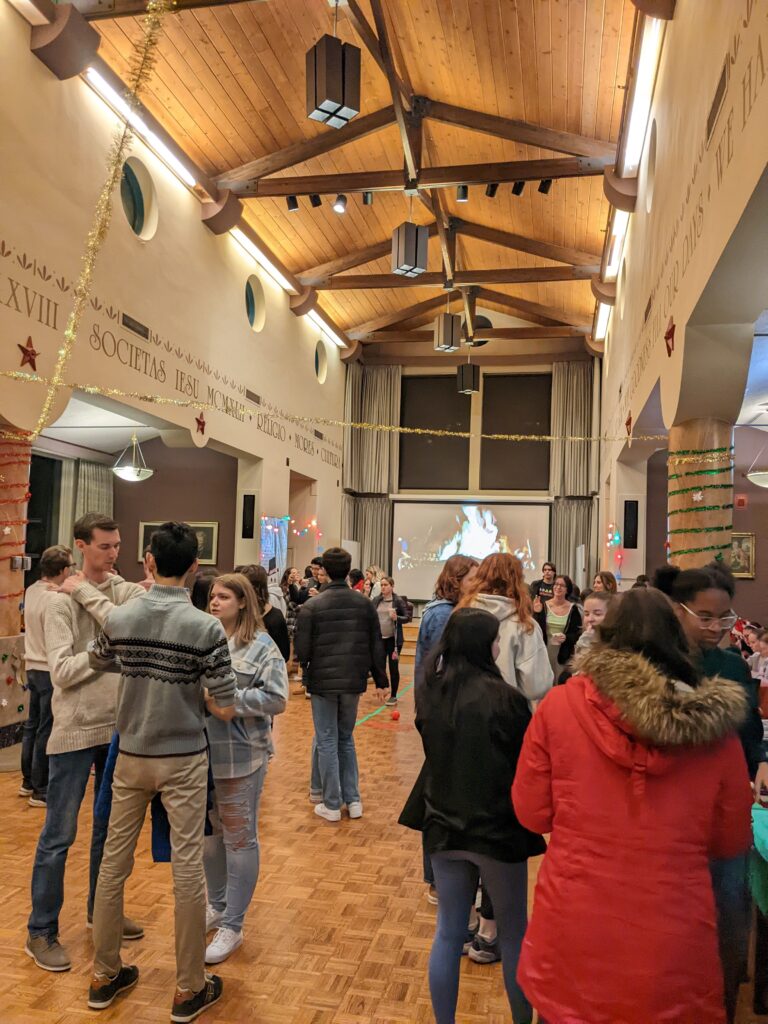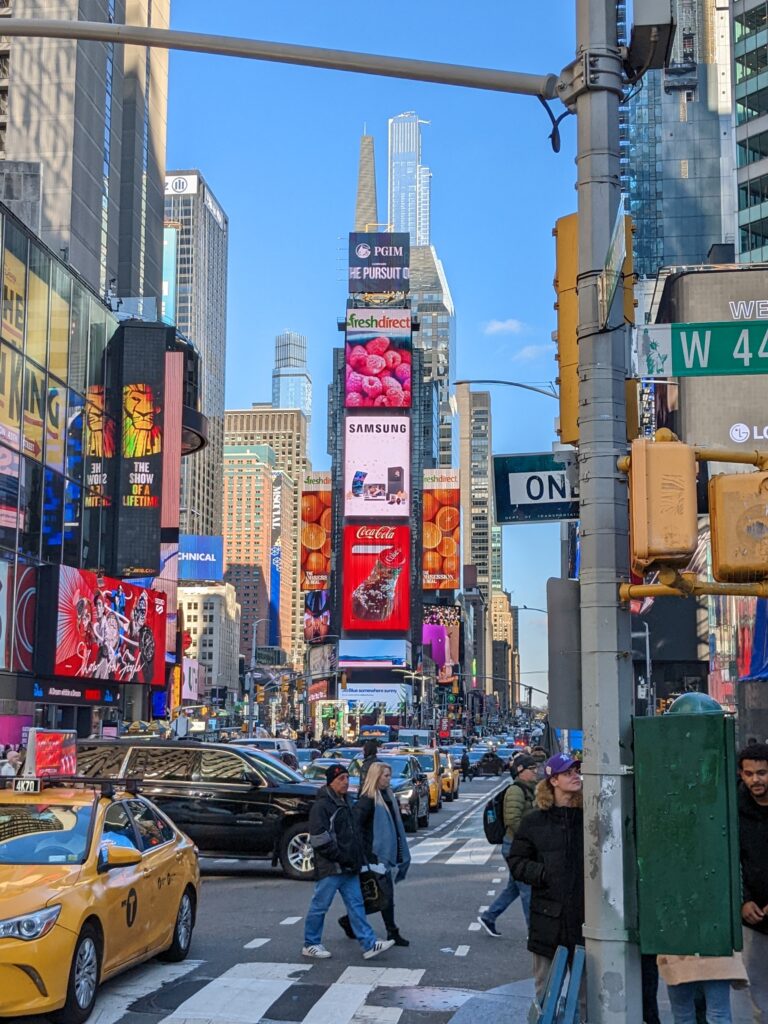American party culture has expanded my life choices

Every year, many Sophia University students study abroad in countries all over the world outside of Japan. How did they manage to find their way through the differences in languages, cultures, and lifestyles? Here are some voices of students who studied abroad.
-Why did you decide to study in the U.S.?
It all started with a talk from my history professor. As a Western history major, I mainly took Western history courses, where my professor shared stories of overseas countries, which made me curious about foreign cultures fand see them firsthand, so I decided to go to the United States to study. I chose the U.S. because I hoped to experience a culture and lifestyle that was completely different from that of Japan. I chose a university with only few Japanese students so that I could better immerse myself in the local culture.
-Did you have any concerns prior to going abroad to study?
Since it was my first time going overseas, I was worried about whether I would be able to adjust or keep up with classes taught in English. I researched their local lifestyle and culture beforehand through websites and YouTube. Looking back, I wish I had more practice in discussions in English beforehand. People there spoke very fast, and I had a hard to catch up with them.
-What was the atmosphere like at your host university and the mood among the students?
The University of Scranton was a small university in the rural area, and it felt very much like a home away from home. The students were very diverse, but I was impressed how open and friendly everyone was.
-How did you manage to expand your circle of friends?

I had a part-time job on campus, and I also joined the parties as much as I could. In the U.S., someone was throwing a party every weekend, so I went whenever I had free time. I also dedicated myself to activities at an international exchange group. Together with my friends, we organized international events and gave presentations and conducted activities related to Japanese culture for local students.
-Did you find any differences in the classes, study contents, and tests compared to Japan?
There was not much difference in terms of learning content and exams, but we were required to do a lot of preparation and be active speakers in classes. Especially in the history class, we had to read a lot of books, so I worked especially hard on the weekends. In addition, when I really couldn’t prepare or review in time, I used office hours to discuss the issue with the professor.
-How do you think your study abroad experience will affect your life in the future?

I think it has broadened my horizons and given me more options in life. Another big gain is that I am no longer hesitant to take on new challenges. For me, who had no overseas experience, studying abroad was a big challenge, and I gained confidence in myself by getting through it. I am now planning to apply for graduate school abroad, and it is because of the study abroad experience that I was able to take on such a challenge.
-What advice would you give to those who are wondering whether or not to go abroad to study?
I was very anxious before I went. However, I gathered my courage and took the first step, and it was the best decision I ever made. When in doubt, please pay attention to your curiosity, not your anxiety.